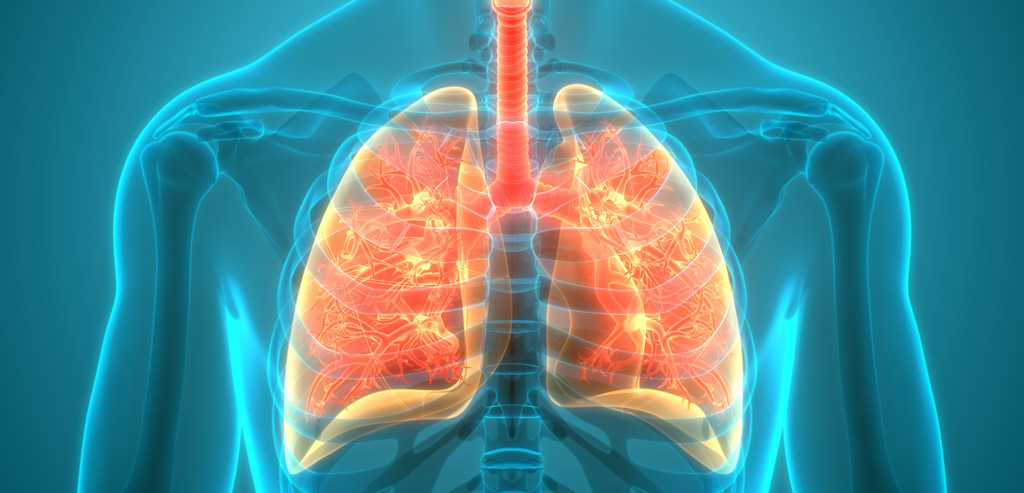Lung health
This fact sheet is for people who have had a blood and marrow transplant (BMT).
BMT patients may experience health complications in the months or years following the transplant. Long-term follow up has an important role in the early detection of any health issues.
This fact sheet has general information about ways to look after your health. If you have specific concerns, speak to your BMT team or your doctor for further information and advice.
What are the issues that could affect my lung health?
After a BMT, you may experience issues with your lungs.
- Chronic graft versus host disease (GVHD) – when your donor’s cells attack your lung’s small airways
- Bronchiolitis obliterans syndrome – inflammation of your lung’s smallest airways (bronchioles)
- Lung infections – bronchitis, pneumonia or bronchiectasis
- Pulmonary fibrosis – irreversible scarring of your lung.
These health problems are more common after a BMT because of the effects of:
- certain chemotherapy drugs
- exposure to radiation, especially to the chest, and total body irradiation (TBI)
- surgery to the chest, excluding a central line insertion
- graft versus host disease
- increased susceptibility to infection.
What are the symptoms?

- Shortness of breath
- Fatigue
- Wheeze
- Frequent cough or sputum
- Chest pain
- Blue tinge to lips or skin
- Recurrent chest infection.
How are lung health issues diagnosed?
Your BMT team will monitor you to look for any lung problems. This will include regular physical examination and simple assessments of your lung function.
Other tests may also be done to determine the severity and cause of any lung problems you are experiencing. These may include a chest X-ray, computerised tomography (CT) scan of the chest, more extensive lung (pulmonary) function tests and bronchoscopy (where a small camera is inserted via your mouth to examine the lungs).
How are lung health issues treated?
Depending upon the cause of your lung problems you may be given oral, inhaled or intravenous medications. If required, your BMT team may also refer you to a respiratory (lung) specialist to assist with your treatment.
How can I look after my lung health?
- Attend your BMT clinic appointments – At these clinics your BMT team will examine your lungs and arrange for regular tests of your lung function (spirometry and pulmonary function)..
- Do not smoke – Support and advice is available from your general practitioner (GP) to help you quit.
- Avoid harmful environments – This includes avoiding second-hand smoke, toxic fumes from solvents, paints or chemicals, exposure to garden mulch or fertiliser and scuba diving (unless you have been cleared by your medical specialist).
- Do regular exercise – Seek advice from your GP about exercise.
- Get vaccinated – You should have all the recommended post BMT vaccinations, particularly the pneumonia (pneumococcal) and flu vaccines.
- Protect yourself from infection – Wash your hands frequently and avoid touching your face. Keep a safe distance from anyone in public areas.
- Seek help – If you develop a fever, cough or difficulty breathing call your GP or BMT team to make an appointment.
Services to help you quit smoking
- Cancer Institute. iCanQuit. icanquit.com.au
- NSW Ministry of Health. Tobacco and smoking control in NSW. health.nsw.gov.au
More information
- The Lung Foundation Australia. lungfoundation.com.au